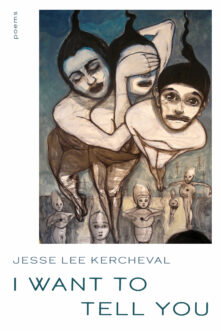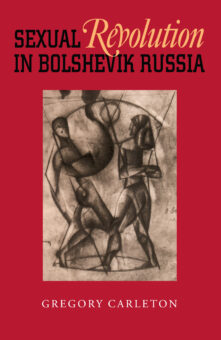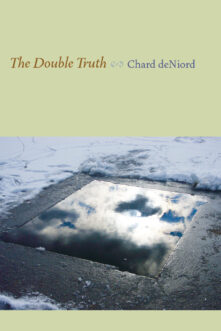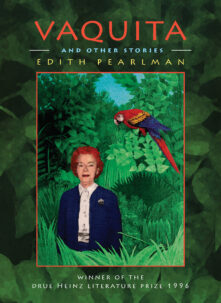Search Results
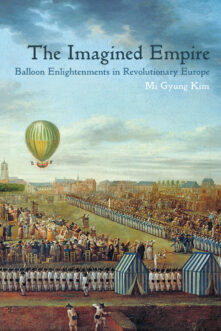

The Imagined Empire
Balloon Enlightenments in Revolutionary Europe
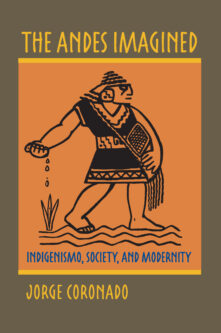

The Andes Imagined
Indigenismo, Society, and Modernity
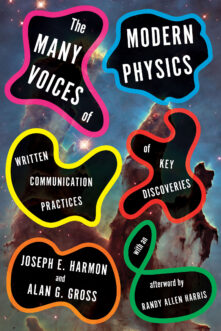

The Many Voices of Modern Physics
Written Communication Practices of Key Discoveries
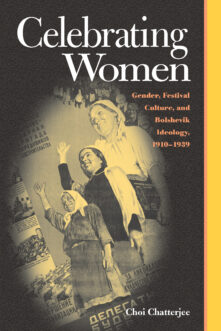

Celebrating Women
Gender Festival Culture & Bolshevik Ideology 1910-1939
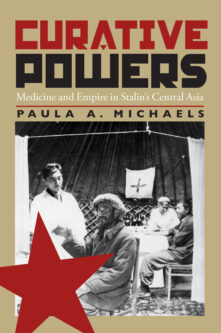

Curative Powers
Medicine and Empire in Stalin’s Central Asia
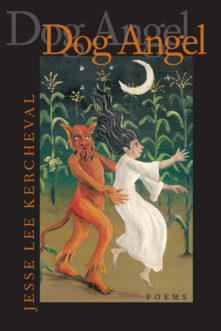

Dog Angel
Poems
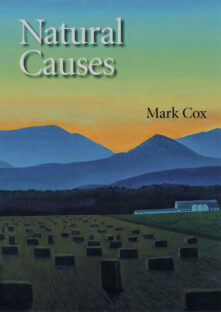

Natural Causes
Poems
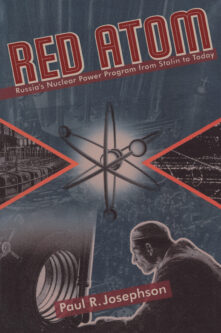

Red Atom
Russias Nuclear Power Program From Stalin To Today
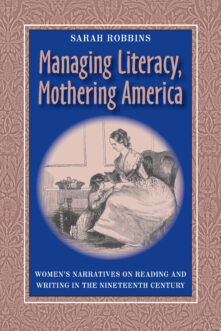

Managing Literacy Mothering America
Womens Narratives On Reading And Writing
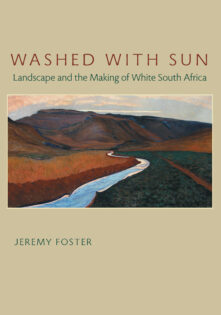

Washed with Sun
Landscape and the Making of White South Africa
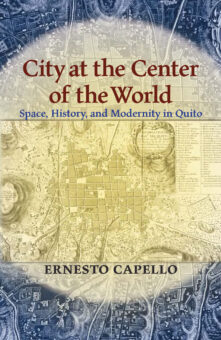

City at the Center of the World
Space, History, and Modernity in Quito
Your search for "imagined%20empire" returned 28 results


